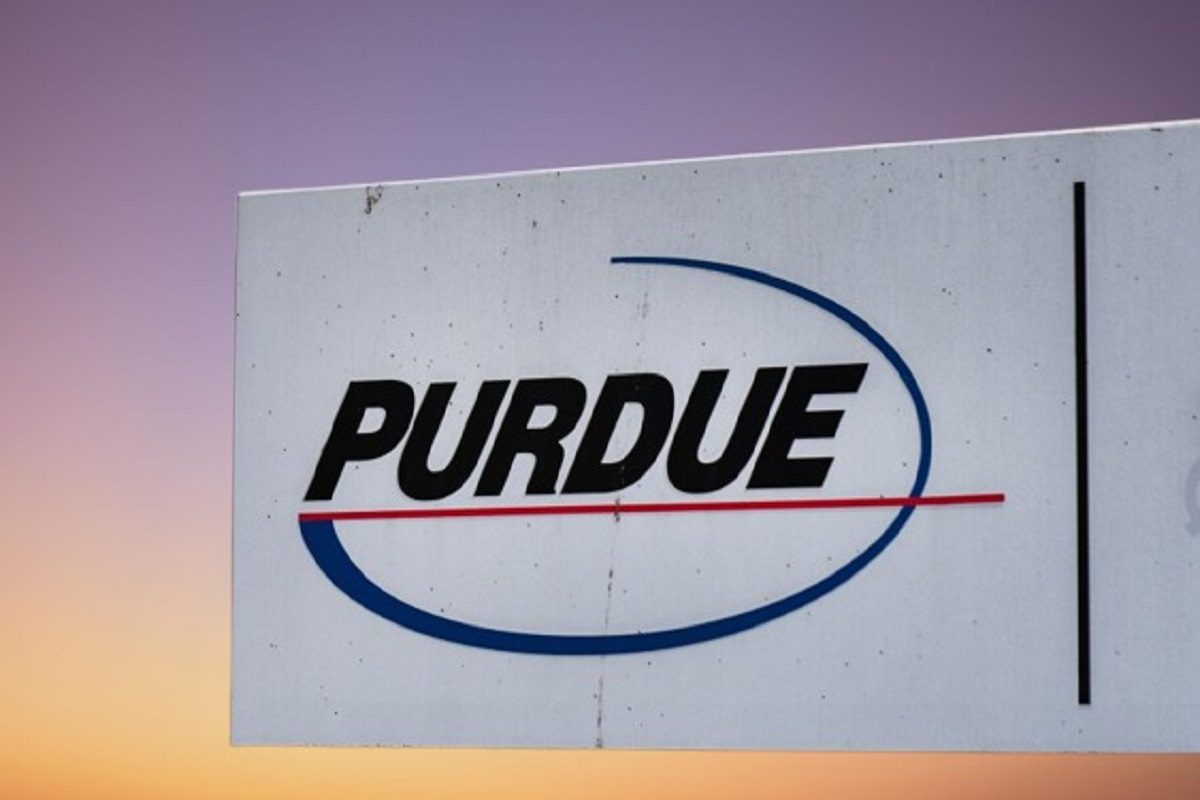Purdue Pharma Bankruptcy Deal: In a significant legal move, the US Department of Justice (DOJ) has petitioned the Supreme Court to block a bankruptcy agreement between Purdue Pharma and the Sackler family. The contentious deal aims to shield the pharmaceutical giant from a barrage of lawsuits that have emerged due to the opioid crisis.
Purdue Pharma, facing mounting legal challenges, was planning to file for bankruptcy in May, a move that could have paved the way for a $6 billion payout to protect its owners from drug-related claims. However, the DOJ’s bankruptcy watchdog, the Office of the U.S. Trustee, expressed serious reservations about Purdue’s reorganization plans, insisting that the Supreme Court should first determine the legal rights of non-bankrupt entities.
The heart of the matter lies in the opioid agreement forged by Purdue, which leveraged bankruptcy rights meant for financially distressed borrowers. Interestingly, these rights were utilized to safeguard the company’s interests, while the Sackler family, previously enriched by $11 billion from Purdue, agreed to contribute only $6 billion to address the drug crisis.
The US Trustee raised concerns that approving Purdue’s bankruptcy plan could set a troubling precedent, allowing wealthy corporations and individuals to exploit the bankruptcy system for their benefit. Such a scenario could undermine the purpose of bankruptcy laws, designed to aid entities genuinely facing financial distress.


READ MORE: Adidas Yeezy Inventory Sales: Announces Second Batch of Yeezy Shoes and Anti-Semitism Support
The Sackler family, meanwhile, expressed regret over OxyContin’s unintended role in fueling the opioid crisis. They have claimed that the bankruptcy deal will significantly enhance resources available to those in need, aiming to positively impact affected communities.
Purdue Pharma has until August 4 to respond to the DOJ’s petition, and the Supreme Court’s decision will have far-reaching implications for the pharmaceutical industry, drug manufacturers, and the victims of the opioid epidemic.
The drugmaker faces numerous lawsuits filed by state and local governments, alleging that OxyContin, a prescription painkiller produced by Purdue, played a central role in a devastating drug crisis that claimed over 500,000 lives in the United States over two decades.
Throughout the ongoing legal battle, Purdue Pharma has repeatedly defended its actions, arguing that any delays imposed by the DOJ would prevent the company from fulfilling its financial obligations to states and individuals harmed by the opioid epidemic.
Physicians have accused Purdue and the Sacklers of misleading them about OxyContin’s risks, leading to widespread patient addiction to opioids. This epidemic of drug claims has exacted a staggering financial toll of around $50 billion on hospitals, wholesalers, and drug manufacturers alike.
Also Read: Stroke Disparities and Genetics: A Breakthrough in Understanding Risk Factors
Our Reader’s Queries
What was the outcome of the Purdue Pharma settlement?
Purdue’s bankruptcy deal, given the green light by a U.S. bankruptcy judge in 2021, is set to deliver a whopping $10 billion in benefits to its creditors, which includes state and local governments, individual addiction victims, hospitals, and other parties who have taken legal action against the company.
Will any of the Sacklers go to jail?
As of now, no Sackler family members are currently being criminally charged for their connection to Purdue Pharma and OxyContin. However, in 2019, the state of New York included eight of them as defendants in a lawsuit against Purdue Pharma.
Is OxyContin still legal?
Indeed, the misuse of OxyContin is against the law. OxyContin falls under the category of Schedule II substances according to the Controlled Substances Act. Schedule II drugs, such as cocaine and methamphetamine, pose a significant risk for abuse.
What is the opioid settlement bankruptcy?
Opioid Bankruptcies: The deal requires states to receive $1.6 billion for opioid relief, and California will get $14.7 million of that amount.

